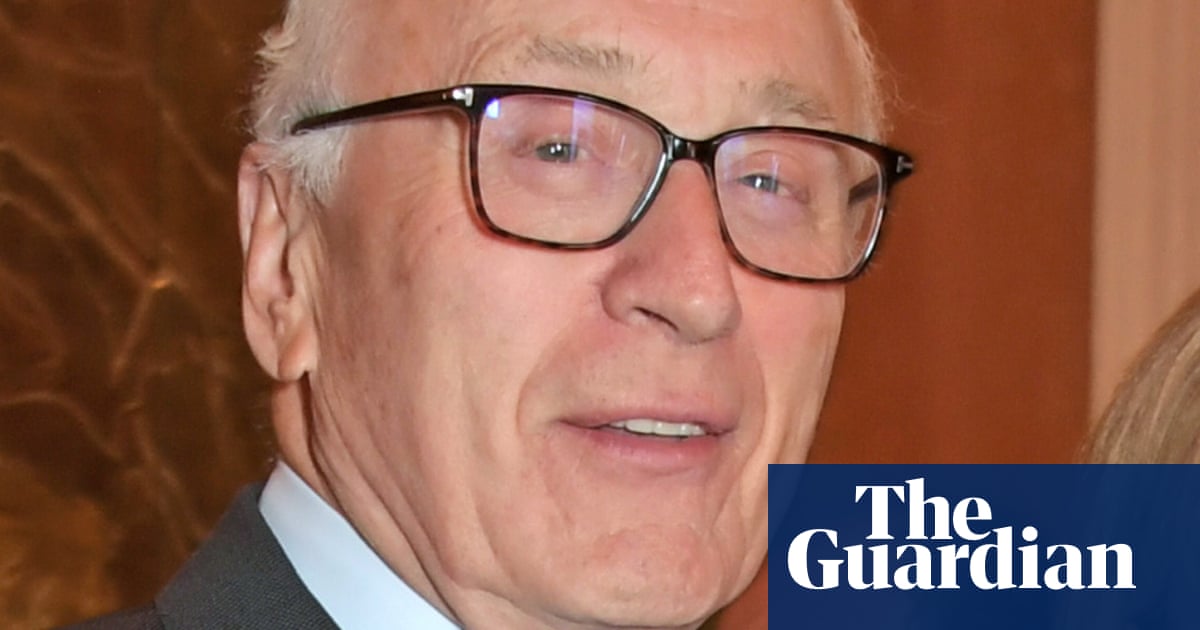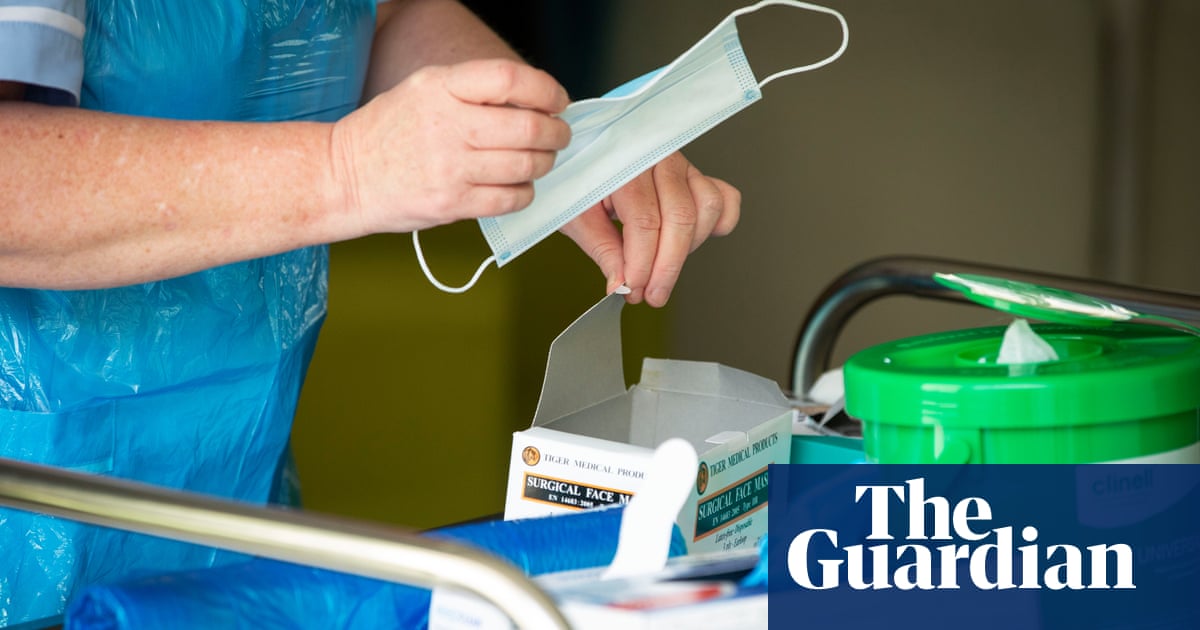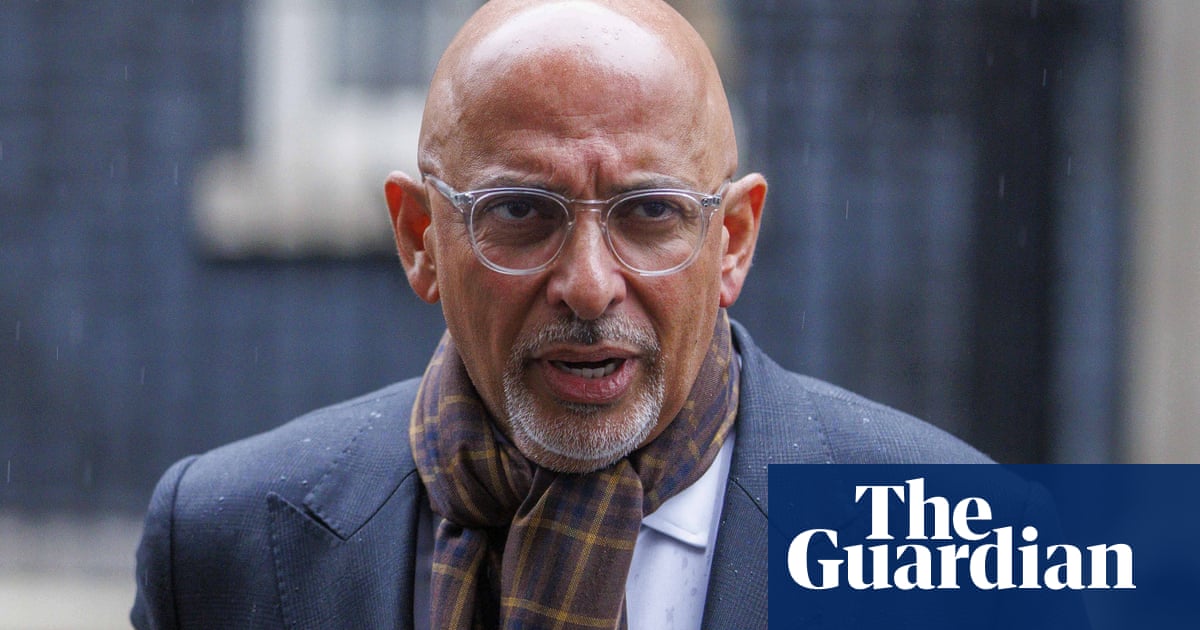
The UK government appears unlikely to recover any money from a healthcare recruitment agency that allegedly failed to deliver on a multimillion-pound PPE contract awarded during the Covid pandemic.
The Department of Health and Social Care (DHSC) has confirmed it is in a dispute over the £20m-plus contract awarded to SG Recruitment UK Ltd. However, the agency’s parent company has gone into liquidation, raising questions about whether the government can recoup any funds.
SG Recruitment was granted its first contract in April 2020, only five days after it was referred to the government’s fast-track “VIP lane”, following an introduction by the Conservative peer Lord Chadlington. A month later the agency, which has since been renamed, was awarded a second multimillion-pound contract.
When SG Recruitment gained its first Covid contract, it was a small, loss-making company that supplied healthcare workers to the NHS, and appears to have had no experience providing PPE. It has since emerged in a court judgment that its parent company, Sumner Group Holdings, registered in Jersey, was facing financial difficulties less than two years earlier. It went into liquidation last October.
The revelations raise further questions about the government’s buying of PPE during the pandemic, when it suspended normal procurement rules, and the extent of due diligence it carried out on companies before awarding large contracts.
The DHSC has consistently defended its processes but critics have pointed to £9bn spent on PPE that was subsequently written off, and the operation of the “VIP lane”, which gave high priority to offers from companies with political connections. Companies referred to the VIP lane, which has since been ruled unlawful, had a 10 times greater success rate for being awarded contracts.
The government is pursuing £1.6bn spent on PPE contracts it says were unsatisfactory, but insists it is unable to provide details due to confidentiality.
SG Recruitment was put into the VIP lane after it was introduced by Chadlington, whose real name is Peter Gummer, a Conservative grandee appointed to the House of Lords in 1996. He introduced the company, and its chief executive, David Sumner, to a fellow Conservative peer, Andrew Feldman, who had been appointed at the start of the pandemic to an unpaid role advising the DHSC on procuring PPE.
Chadlington was a director and shareholder of SGH, the parent company. Lawyers representing Chadlington said he provided Sumner with Feldman’s email address as “an act of good faith” in response to the government’s urgent call for PPE offers.
At the time he introduced the company in April 2020, they said, “he had no information which gave rise to financial concerns regarding SGH and/or SG Recruitment”. He stepped down as a director of the parent company in July 2021 after he lost confidence in Sumner’s management.
The lawyers provided further details about the nature of Chadlington’s initial introduction. They said that the Tory peer initially spoke to Feldman on a phone call, explaining that SG Recruitment might be a “potential candidate” to supply PPE.
“Lord Feldman suggested that Mr Sumner email him at his DHSC email address, which Lord Feldman provided to our client for that purpose,” the lawyers said.
They added that Chadlington “did not recommend” or “provide any assurances” as to SG Recruitment, and did not receive any financial benefit from the contracts it later secured from the government.
After an inquiry last year, the Lords commissioner for standards cleared Chadlington of breaching a prohibition against peers using their position to financially benefit themselves or lobby for companies in which they have an interest.
“There is no evidence to suggest the fact that Lord Chadlington provided Mr Sumner with the email address played any part in the decision to award the two contracts to SG Recruitment UK,” the commissioner found.
After Chadlington passed on Feldman’s DHSC email address, Sumner then had a telephone conversation with Feldman, and emailed him an offer to supply PPE.
Feldman forwarded the email, telling civil servants operating the VIP lane: “An interesting offer from David Sumner, who was introduced to me by Lord Chadlington.”
In the correspondence, which was released to the Guardian after freedom of information requests, one civil servant expressed some reservations about Sumner’s offer, including the prices. Feldman replied, referring to Sumner: “He seems like a decent guy – I spoke to him yesterday.”
Within five days, the DHSC awarded SG Recruitment the first contract, for £23.9m, to supply coveralls. A month later the company was awarded a second contract, this time for £26.1m, to supply hand sanitiser.
Doubts over the PPE that SG Recruitment supplied first surfaced in February last year, when the DHSC said £26m-worth of the company’s products had been marked “do not supply”. In response, a spokesperson for SGH told the Guardian that the goods supplied were fit for purpose and the company was not in dispute with the government.
However, a DHSC spokesperson has now confirmed it is in dispute with the company over one of the contracts, and is having “ongoing commercially confidential discussions”. A source has told the Guardian that some of the PPE is alleged to have not been supplied, and some was deemed substandard. The DHSC declined to provide details.
SG Recruitment, Sumner Group Holdings and David Sumner himself have not responded to recent repeated requests for comment.
A spokesperson for Feldman said: “Lord Feldman was working as an unpaid adviser to DHSC and his role was to help source urgently needed healthcare supplies and equipment at a time of national crisis. The assessment of the suitability of potential suppliers and the decisions to award contracts were taken by officials and not by Lord Feldman.”
The DHSC has recently stated that “commercial discussions” were continuing on 58 PPE contracts it says were breached or failed to meet required standards, and that £1.6bn in public money was “at risk” from such contracts.
A DHSC spokesperson said there was “a compelling public interest” in maintaining confidentiality over these contracts, where they had a disagreement and there remained the potential for legal action. This stance means the taxpayer is left in the dark about government actions to recover these funds. It also means the DHSC will not provide details about the 58 contracts in dispute nor the companies involved.
The UK government appears unlikely to recover any money from a healthcare recruitment agency that allegedly failed to deliver on a multimillion-pound PPE contract awarded during the Covid pandemic.
The Department of Health and Social Care (DHSC) has confirmed it is in a dispute over the £20m-plus contract awarded to SG Recruitment UK Ltd. However, the agency’s parent company has gone into liquidation, raising questions about whether the government can recoup any funds.
SG Recruitment was granted its first contract in April 2020, only five days after it was referred to the government’s fast-track “VIP lane”, following an introduction by the Conservative peer Lord Chadlington. A month later the agency, which has since been renamed, was awarded a second multimillion-pound contract.
When SG Recruitment gained its first Covid contract, it was a small, loss-making company that supplied healthcare workers to the NHS, and appears to have had no experience providing PPE. It has since emerged in a court judgment that its parent company, Sumner Group Holdings, registered in Jersey, was facing financial difficulties less than two years earlier. It went into liquidation last October.
The revelations raise further questions about the government’s buying of PPE during the pandemic, when it suspended normal procurement rules, and the extent of due diligence it carried out on companies before awarding large contracts.
The DHSC has consistently defended its processes but critics have pointed to £9bn spent on PPE that was subsequently written off, and the operation of the “VIP lane”, which gave high priority to offers from companies with political connections. Companies referred to the VIP lane, which has since been ruled unlawful, had a 10 times greater success rate for being awarded contracts.
The government is pursuing £1.6bn spent on PPE contracts it says were unsatisfactory, but insists it is unable to provide details due to confidentiality.
SG Recruitment was put into the VIP lane after it was introduced by Chadlington, whose real name is Peter Gummer, a Conservative grandee appointed to the House of Lords in 1996. He introduced the company, and its chief executive, David Sumner, to a fellow Conservative peer, Andrew Feldman, who had been appointed at the start of the pandemic to an unpaid role advising the DHSC on procuring PPE.
Chadlington was a director and shareholder of SGH, the parent company. Lawyers representing Chadlington said he provided Sumner with Feldman’s email address as “an act of good faith” in response to the government’s urgent call for PPE offers.
At the time he introduced the company in April 2020, they said, “he had no information which gave rise to financial concerns regarding SGH and/or SG Recruitment”. He stepped down as a director of the parent company in July 2021 after he lost confidence in Sumner’s management.
The lawyers provided further details about the nature of Chadlington’s initial introduction. They said that the Tory peer initially spoke to Feldman on a phone call, explaining that SG Recruitment might be a “potential candidate” to supply PPE.
“Lord Feldman suggested that Mr Sumner email him at his DHSC email address, which Lord Feldman provided to our client for that purpose,” the lawyers said.
They added that Chadlington “did not recommend” or “provide any assurances” as to SG Recruitment, and did not receive any financial benefit from the contracts it later secured from the government.
After an inquiry last year, the Lords commissioner for standards cleared Chadlington of breaching a prohibition against peers using their position to financially benefit themselves or lobby for companies in which they have an interest.
“There is no evidence to suggest the fact that Lord Chadlington provided Mr Sumner with the email address played any part in the decision to award the two contracts to SG Recruitment UK,” the commissioner found.
After Chadlington passed on Feldman’s DHSC email address, Sumner then had a telephone conversation with Feldman, and emailed him an offer to supply PPE.
Feldman forwarded the email, telling civil servants operating the VIP lane: “An interesting offer from David Sumner, who was introduced to me by Lord Chadlington.”
In the correspondence, which was released to the Guardian after freedom of information requests, one civil servant expressed some reservations about Sumner’s offer, including the prices. Feldman replied, referring to Sumner: “He seems like a decent guy – I spoke to him yesterday.”
Within five days, the DHSC awarded SG Recruitment the first contract, for £23.9m, to supply coveralls. A month later the company was awarded a second contract, this time for £26.1m, to supply hand sanitiser.
Doubts over the PPE that SG Recruitment supplied first surfaced in February last year, when the DHSC said £26m-worth of the company’s products had been marked “do not supply”. In response, a spokesperson for SGH told the Guardian that the goods supplied were fit for purpose and the company was not in dispute with the government.
However, a DHSC spokesperson has now confirmed it is in dispute with the company over one of the contracts, and is having “ongoing commercially confidential discussions”. A source has told the Guardian that some of the PPE is alleged to have not been supplied, and some was deemed substandard. The DHSC declined to provide details.
SG Recruitment, Sumner Group Holdings and David Sumner himself have not responded to recent repeated requests for comment.
A spokesperson for Feldman said: “Lord Feldman was working as an unpaid adviser to DHSC and his role was to help source urgently needed healthcare supplies and equipment at a time of national crisis. The assessment of the suitability of potential suppliers and the decisions to award contracts were taken by officials and not by Lord Feldman.”
The DHSC has recently stated that “commercial discussions” were continuing on 58 PPE contracts it says were breached or failed to meet required standards, and that £1.6bn in public money was “at risk” from such contracts.
A DHSC spokesperson said there was “a compelling public interest” in maintaining confidentiality over these contracts, where they had a disagreement and there remained the potential for legal action. This stance means the taxpayer is left in the dark about government actions to recover these funds. It also means the DHSC will not provide details about the 58 contracts in dispute nor the companies involved.












